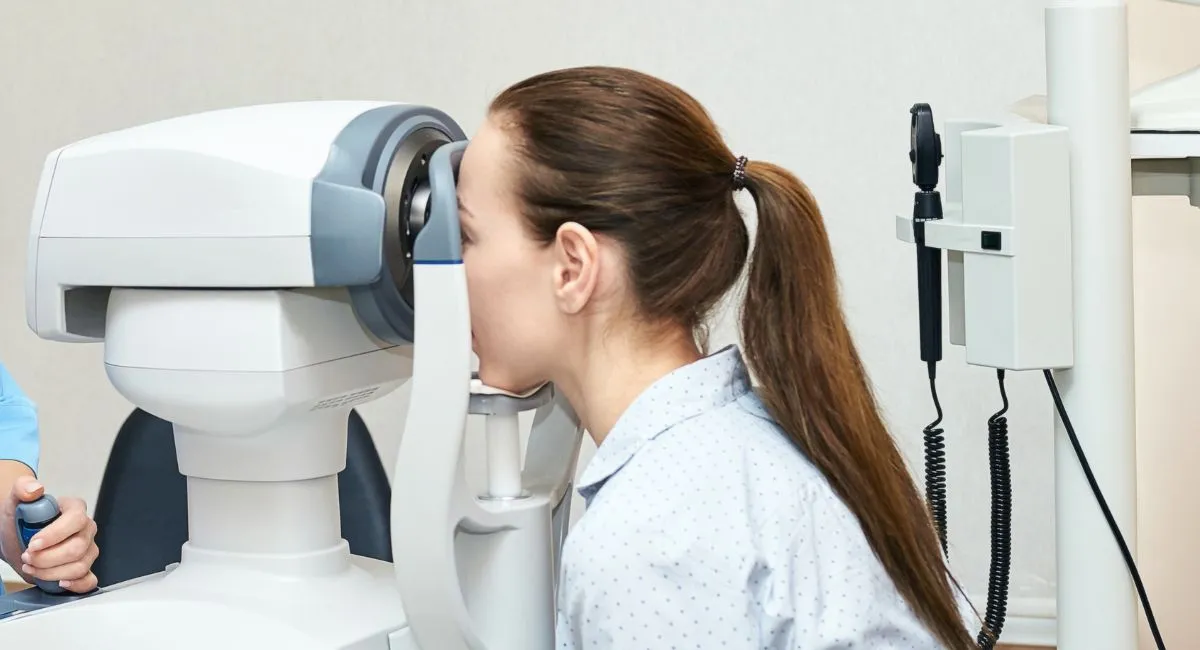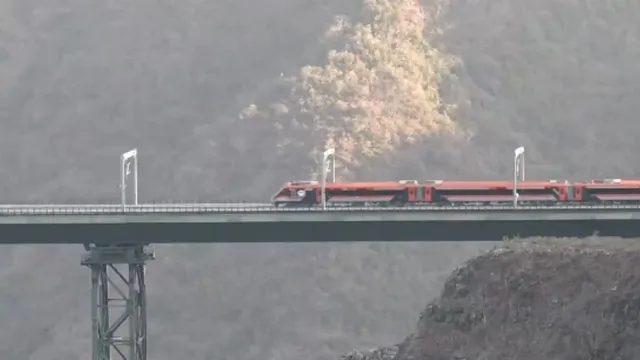Korea faces fourth consecutive month of economic decline Published: 07 Apr. 2025, 17:10 Shipping containers are stacked at a port in the southeastern city of Busan on April 3. [YONHAP] Korea’s economy is showing signs of a downturn for the fourth consecutive month, according to the state-run Korea Development Institute (KDI), which cited weakening production and consumption along with growing trade uncertainty triggered by U.
S. tariff hikes. “The Korean economy is facing increasing downward pressure as external conditions deteriorate rapidly,” the KDI said in its April edition of its economic trends report released on Monday.

Related Article Samsung Electronics to overcome U.S. tariff challenges through production allocation Kospi sidecar triggered as U.
S. tariff concerns send bourse nose-diving Trump advisers say over 50 countries have reached out for tariff talks The main indicator behind the warning is a slowdown in industrial production. While total industrial output in February rose 1.
2 percent year-on-year — marking a return to growth — KDI attributed the increase largely to a higher number of working days. Adjusted for this factor, the data showed notable declines across key sectors: construction output fell 21.7 percent, while mining and manufacturing grew by just 1.
0 percent and services by 0.1 percent. Retail sales in January and February fell by 1.
1 percent compared to the same period last year. Durable goods such as passenger cars saw a 10.4 percent rebound, supported by individual consumption tax cuts, but demand for semi-durable goods dropped 4.
0 percent and nondurable goods declined 1.4 percent. The consumer sentiment index in March also remained below the standard threshold of 100 at 93.
4. “While cutting individual consumption taxes temporarily boosted car sales, overall consumer sentiment remains weak and sluggish spending continues,” a KDI official said. Exports, which had been a key pillar of support for the economy, are also showing signs of instability.
FILE PHOTO: U.S. President Donald Trump delivers remarks on tariffs in the Rose Garden at the White House in Washington, D.
C., U.S.
, April 2, 2025. REUTERS/Carlos Barria TPX IMAGES OF THE DAY/File Photo/File Photo Korea’s exports in March grew 3.1 percent from the previous month, up from 0.
7 percent in February. On a daily average basis, exports rose 5.5 percent.
Despite this rebound, total exports for the first quarter dropped by 2.1 percent compared to a year earlier. KDI warned that external trade conditions have worsened further since the U.
S. announced new “reciprocal tariffs” on Wednesday, raising concerns over escalating trade tensions. Deputy Prime Minister and Finance Minister Choi Sang-mok convened a meeting of ministers involved in external relations on Monday to assess the international response to the U.
S. tariff policy. “We will work closely with the National Assembly to formulate a supplementary budget to address urgent issues, including trade-related risks,” Choi said.
Translated from the JoongAng Ilbo using generative AI and edited by Korea JoongAng Daily staff. BY JANG WON-SEOK [ [email protected] ] var admarutag = admarutag || {} admarutag.cmd = admarutag.
cmd || [] admarutag.cmd.push(function () { admarutag.
pageview('3bf9fc17-6e70-4776-9d65-ca3bb0c17cb7'); });.
Korea faces fourth consecutive month of economic decline

Shipping containers are stacked at a port in the southeastern city of Busan on April 3. [YONHAP] Korea’s economy is showing signs of a downturn for the fourth consecutive month, according to the state-run Korea Development Institute (KDI), which cited weakening production and consumption along with growing trade uncertainty triggered by U.S. tariff hikes. “The Korean economy is facing increasing downward pressure as external conditions deteriorate rapidly,” the KDI said in its April edition of its economic trends report released on Monday. Related ArticleSamsung Electronics to overcome U.S. tariff challenges through production allocationKospi sidecar triggered as U.S. tariff concerns send bourse nose-divingTrump advisers say over 50 countries have reached out for tariff talks The main indicator behind the warning is a slowdown in industrial production. While total industrial output in February rose 1.2 percent year-on-year — marking a return to growth — KDI attributed the increase largely to a higher number of working days. Adjusted for this factor, the data showed notable declines across key sectors: construction output fell 21.7 percent, while mining and manufacturing grew by just 1.0 percent and services by 0.1 percent. Retail sales in January and February fell by 1.1 percent compared to the same period last year. Durable goods such as passenger cars saw a 10.4 percent rebound, supported by individual consumption tax cuts, but demand for semi-durable goods dropped 4.0 percent and nondurable goods declined 1.4 percent. The consumer sentiment index in March also remained below the standard threshold of 100 at 93.4. “While cutting individual consumption taxes temporarily boosted car sales, overall consumer sentiment remains weak and sluggish spending continues,” a KDI official said. Exports, which had been a key pillar of support for the economy, are also showing signs of instability. FILE PHOTO: U.S. President Donald Trump delivers remarks on tariffs in the Rose Garden at the White House in Washington, D.C., U.S., April 2, 2025. REUTERS/Carlos Barria TPX IMAGES OF THE DAY/File Photo/File Photo Korea’s exports in March grew 3.1 percent from the previous month, up from 0.7 percent in February. On a daily average basis, exports rose 5.5 percent. Despite this rebound, total exports for the first quarter dropped by 2.1 percent compared to a year earlier. KDI warned that external trade conditions have worsened further since the U.S. announced new “reciprocal tariffs” on Wednesday, raising concerns over escalating trade tensions. Deputy Prime Minister and Finance Minister Choi Sang-mok convened a meeting of ministers involved in external relations on Monday to assess the international response to the U.S. tariff policy. “We will work closely with the National Assembly to formulate a supplementary budget to address urgent issues, including trade-related risks,” Choi said. Translated from the JoongAng Ilbo using generative AI and edited by Korea JoongAng Daily staff. BY JANG WON-SEOK [[email protected]]











